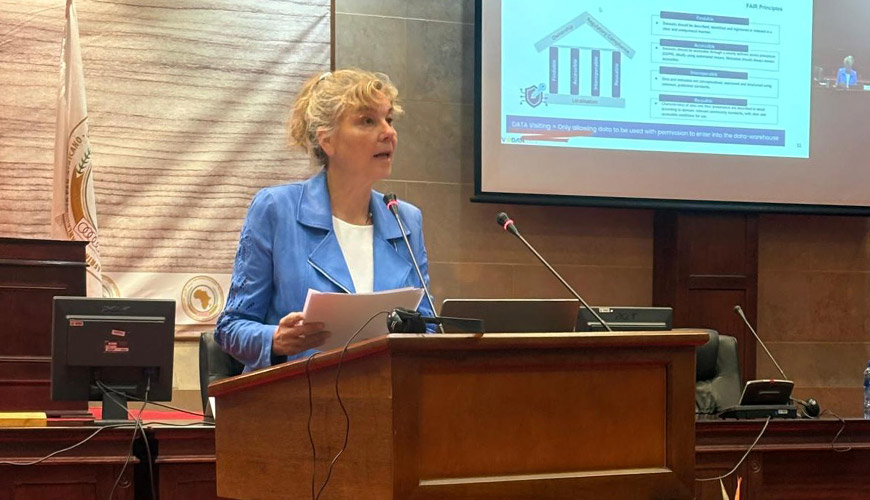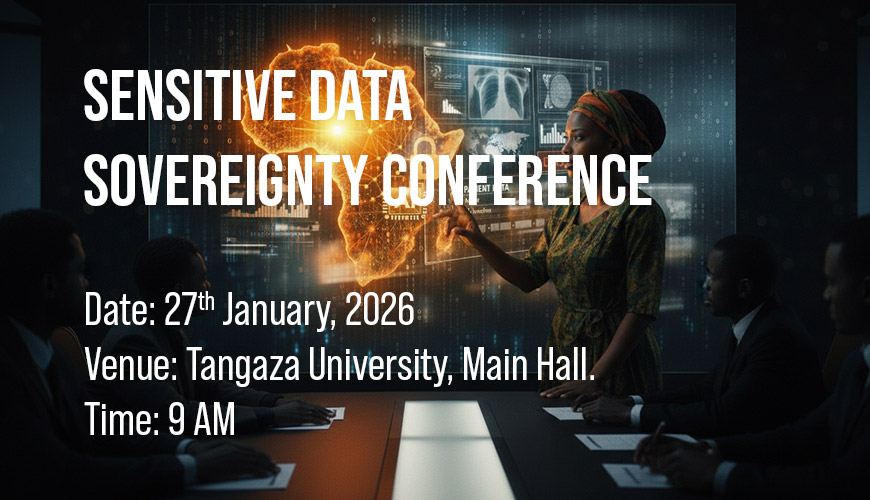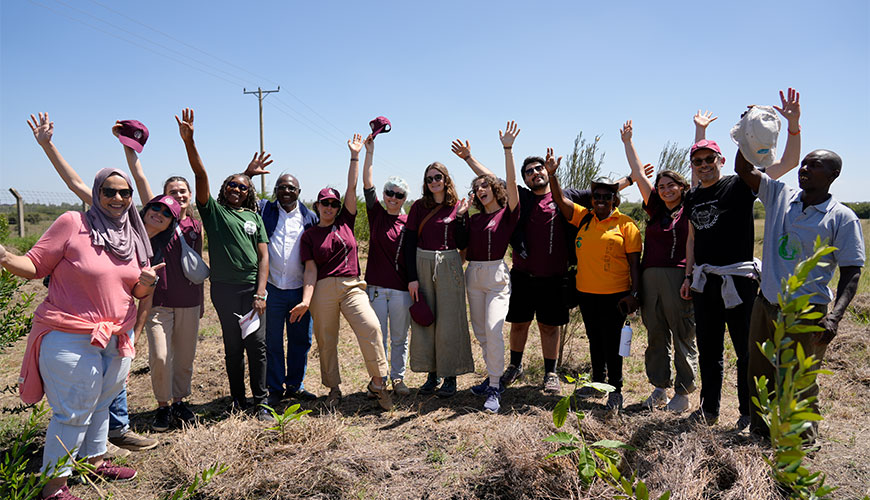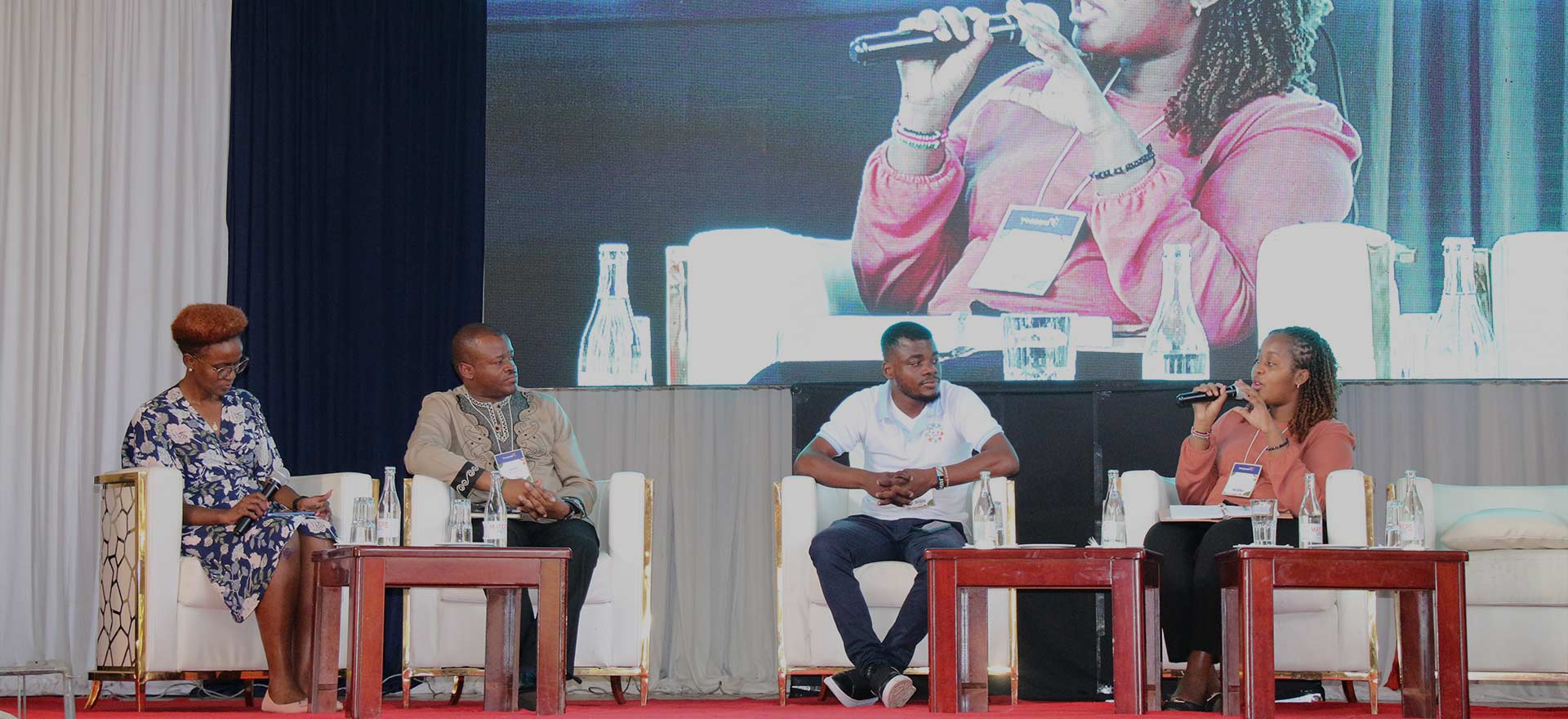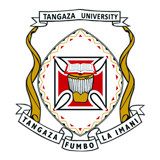Location: Midrand, Gauteng
The African Union Pan African Parliament, currently in its Sixth Parliament, Fifth Ordinary Session, is deeply engaged in critical discussions surrounding “Building a Continental Framework for AI, Data Sovereignty, and Responsible Digital Innovation.” This timely session on July 25, 2025, underscores Africa’s proactive approach to the digital revolution.
This pivotal discussion features insights from Prof. Dr. Mirjam van Reisen, a leading expert in International Relations, Innovation, and Care, and FAIR Data Science.During her address in July 2025, Prof. Dr. Mirjam van Reisen highlighted the undeniable presence and influence of Artificial Intelligence (AI) in everyday life, from search engines to phone applications.
She underscored AI’s immense economic potential for Africa, estimating it could contribute $3 trillion USD to the continent’s economy by 2030. With 40% of African organizations and 27% of companies already adopting AI processes, its impact is clear.
However, Prof. Mirjam also cautioned about significant challenges, including concerns over African representation in datasets, data ownership, and individual data protection. She stressed that without control over data, Africa risks entering a “new age of colonialism,” where African digital information is exploited abroad without oversight or accountability.
”Digital data is the raw material, the resource for AI,” she stated.
To prevent this, Africa must assert control over its data to ensure sovereignty over the tools and platforms used. Prof. Mirjam championed a decentralized approach to data management, moving away from the current centralized models dominated by Western tech giants.
She drew a powerful analogy between the “Woods Wide Web” (the natural fungal network connecting trees) and a “Decentralised Web” for AI, emphasizing data visiting over trusted sources rather than central repositories.
However, she also cautioned about significant challenges, including concerns over African representation in datasets, data ownership, and individual data protection. She stressed that without control over data, Africa risks entering a “new age of colonialism,” where African digital information is exploited abroad without oversight or accountability.”Digital data is the raw material, the resource for AI,” she stated.
She proudly noted Africa’s proactive stance, citing the 2014 AU Malabo Convention on Cyber-security and Personal Data Protection as a pioneering continental legal framework, predating Europe’s GDPR.
She showcased numerous African initiatives, like the Africa University Network on FAIR Open Science and VODAN-Africa, that are already championing data autonomy and ethical data reuse, including the concept that AI producers should pay for African data as a valuable resource.
The call is clear: Africa must leverage its youth, creativity, and heritage to build a secure and inclusive digital future, ensuring data is Findable, Accessible, Interoperable, and Reusable (FAIR) with Ownership in Locale under Regulatory compliance (OLR). This framework is not just an ethical imperative but an economic necessity for the continent.
Credit source: africahostspot.co.zw
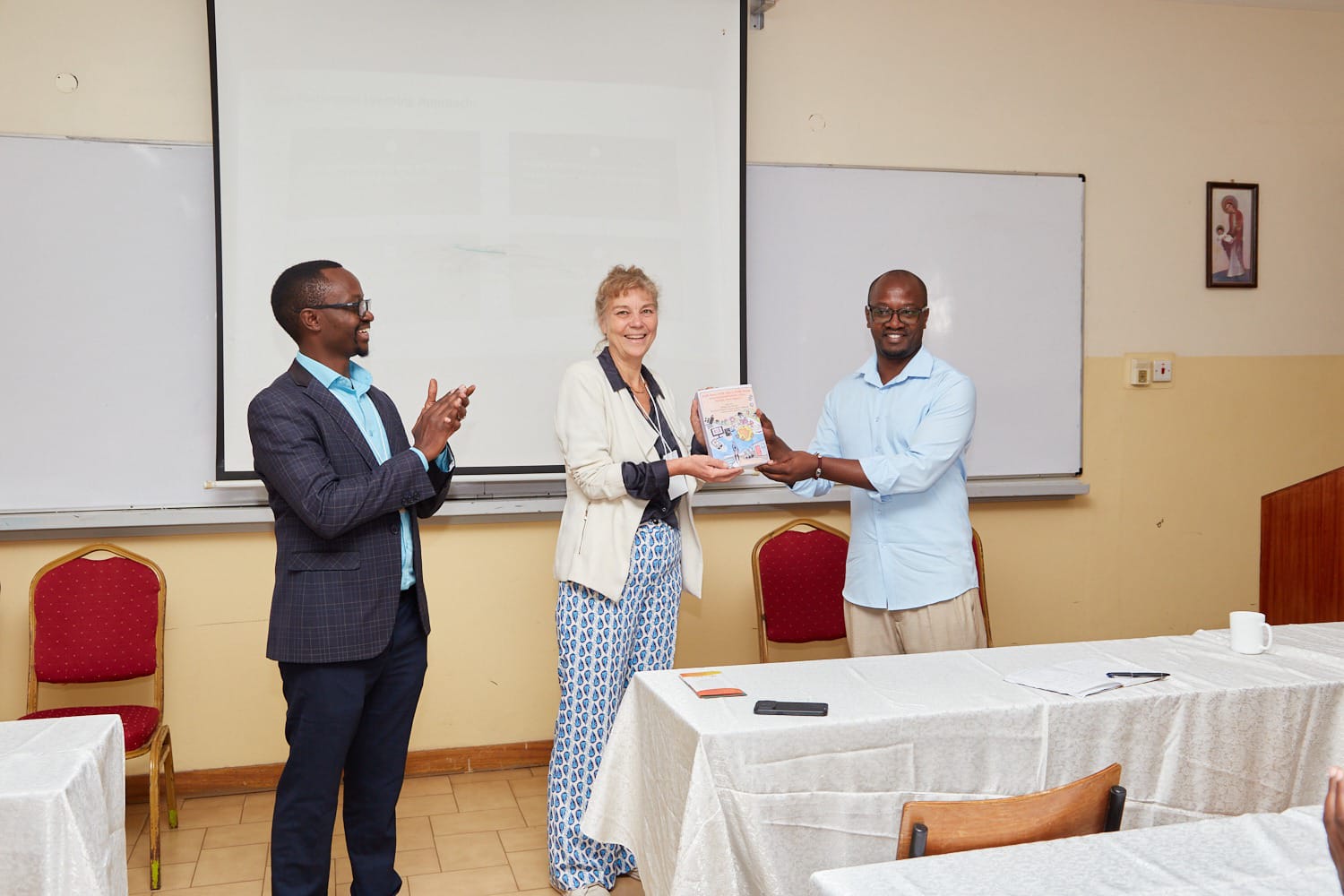
Prof. Mirjam van Reisen Master Class at AACOSE 8 – Tangaza University
Bridging the AI Divide: Unlocking the Power of Federated Learning
At AACOSE 8 (Annual Africa Conference on Social Entrepreneurship), delegates gathered in Room B3 for a dynamic master class led by Prof. Mirjam van Reisen of Leiden University and Dr. Deogratias Mzurikwao of Villgro Africa. Titled “Bridging the AI Divide: Unlocking the Power of Federated Learning”, the session explored transformative data-driven innovations for ethical and inclusive AI across Africa
Key Themes & Insights
What is Federated Learning? – A cutting-edge AI approach that allows machine learning across decentralized data sources—such as hospitals or enterprises—without transferring raw data. This preserves privacy while training accurate models collaboratively across participants in different locations
Ethical AI & Data Sovereignty – The Master Class emphasized how federated learning enables data to remain within local control, bypassing data extraction by third parties. This fosters trust, respects data sovereignty, and aligns AI innovation with ethical standards
Bridging Africa’s Digital Divide – Prof. van Reisen and Dr. Mzurikwao showcased how federated models can bring the benefits of AI to regions with limited central infrastructure. Local stakeholders—such as clinics and community organizations—can train AI collaboratively, sharing insights without compromising sensitive data
Why This Matters for Africa
In regions where data is fragmented or held across silos, building inclusive AI demands solutions that protect privacy and empower local institutions. Federated learning enables:
- Secure collaboration among distributed data holders (e.g. local health centers).
- Improved AI utility for community-serving applications without central data pooling.
- Ethical governance by design, with no need to export sensitive data beyond national boundaries.
Toward a Federated Future
Prof. van Reisen’s session at AACOSE 8 offered more than theory—it showcased a pathway toward democratizing AI in Africa. With federated learning, the continent can leapfrog centralization challenges and deliver AI solutions that truly serve local communities. The bridge from AI promise to real-world impact is being built at events like AACOSE, one federated model at a time.
About AACOSE
AACOSE, an initiative by Tangaza University’s Institute for Social Transformation, has been gathering key players in African social entrepreneurship since 2017 who come together to collaborate in accelerating the growth of social entrepreneurship in Africa. AACOSE is co-organised by Tangaza University – Institute for Social Transformation, in collaboration with other partner organizations supporting social entrepreneurs.


